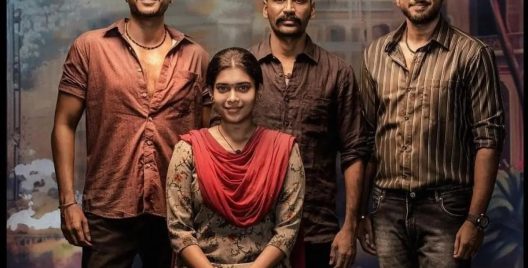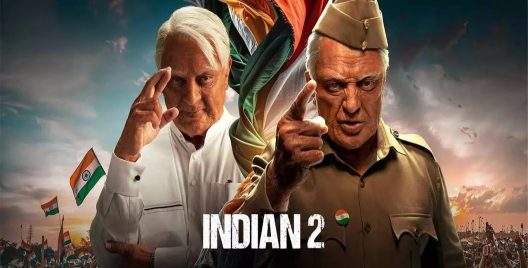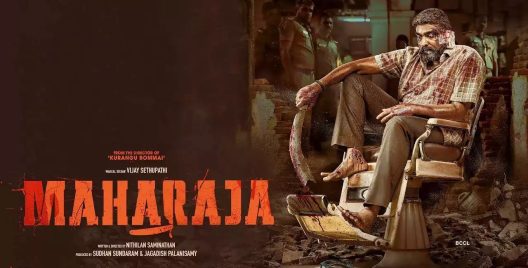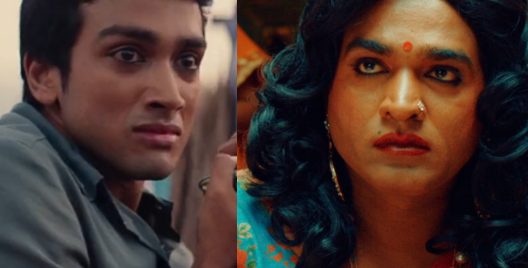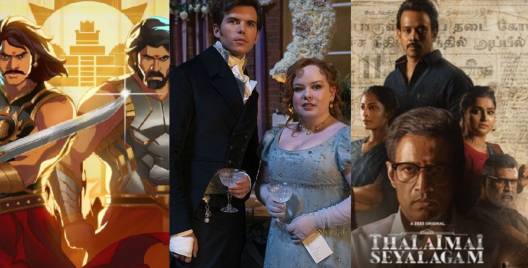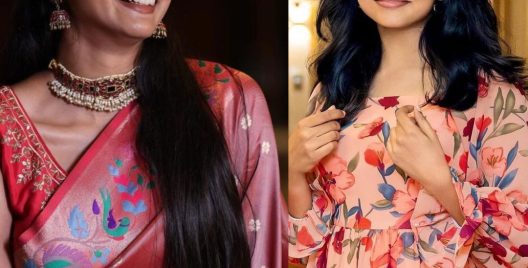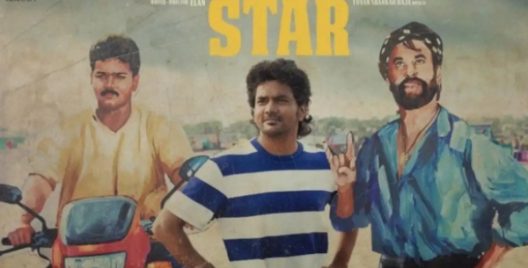There have been several buddy films in Indian cinema that revolve around male friendships – Dil Chahta Hai (2001), Zindagi Na Milegi Dobara (2011), Goa (2010), Chennai 28 (2007), Saroja (2008), Neelakasham Pacha Kadal Chuvanna Bhoomi (2013), Ee Nagaraniki Emaindi (2018) and so on. These are films where men travel or have fun, get into trouble big and small, and eventually find themselves.
In comparison, the female buddy film is still a largely unexplored area in Indian cinema, particularly the south. In the rare one that comes by, the “adventure” happens to be either escaping from men or breaking the patriarchy. There’s nothing wrong with this per se. For instance, the American film Thelma & Louise (1991) is a female buddy film about two women – a homemaker and a waitress – who go on a road trip. They end up killing a man who attempts to rape one of them. From then on, they go from one sticky situation to another, but their friendship keeps them afloat. Thelma & Louise is considered a classic for the way it explored the deep bond between two women, and its showcasing of women’s lived realities.
Padmarajan’s Deshadanakili Karayarilla (1986) is perhaps one of the earliest examples of a film revolving around female friendship in the south. The film is about two girls who run away together when on a school trip. Though it is not spelt out, there is a suggestion of romantic love between them or at least, one of the characters harbours such an interest towards the other. The film ends on a tragic note, with the two girls killing themselves.
In Tamil, Magalir Mattum (1994), an unofficial adaptation of American film 9 to 5 (1980), is still considered to be among the best Indian films to have explored workplace sexual harassment. Here, three women from different social classes take on their boss who is a sexual predator. Despite the grim theme, the film is uproariously funny, ensuring its popularity across decades. Its sequel-in-soul, Magalir Mattum 2 (2017) is about three school friends – each constrained by social norms – who reunite in their middle age. Then there was Snegithiye (2000), with an all-woman cast, and revolving around the murder of a rapist.
We’ve also had films like Rani Padmini (2015) where a traditional woman meets a wilder counterpart and forms an unlikely friendship. Anjali Menon’s Wonder Women (2022) looked at pregnant women from different walks of life bonding in a prenatal class – from divorce to miscarriage and patriarchal norms, the film is about how female friendship can be uplifting.
In recent years, coming-of-age Malayalam films like June (2019) and Super Sharanya (2022) have looked at women’s lives, their friendships, romance and other concerns, with a lighthearted gaze. There’s also the Tamil adult comedy 90ML (2019), directed by Anita Udeep, that is on female friendship but was criticised widely for showing women drinking alcohol and exploring their sexuality. But, such not-so-serious films are few and far between.
The tendency, rather, has been to centre women’s experiences around violence or oppression of some sort – as if there is nothing more to women’s lives. Further, many filmmakers also feel compelled to include every kind of woman in the story in a bid to make it “inclusive”. While diversity is to be welcomed, the writing has to be organic or it ends up looking forced.
All stories need a conflict to drive them forward, and it’s true that women undergo several struggles because of their gender. But, should that define the plot all the time? Should that be the conflict always? Can’t the films acknowledge the difficulties that exist but move beyond those to give us fresh stories that are also original and fun? Isn’t it time to focus on empowering narratives where women don’t have to be victimised first for them to have a voice?
There are women who do solo trips, women who are part of biker groups, women who travel to international destinations through people they meet on online groups, women who climb mountains in their fifties and sixties, new moms who become entrepreneurs together – there are so many possibilities for stories around female friendship. So many adventures that women have in real life that don’t define them in relation to men. When will our cinema get there?





